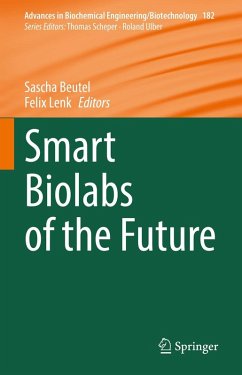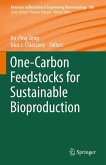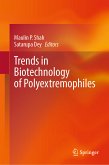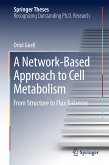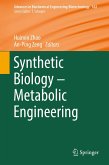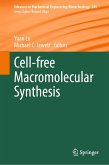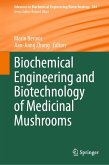This book reviews the advances in data gathering and processing in the biotech laboratory environment, and it sheds new lights on the various aspects that are necessary for the implementation of intelligent laboratory architecture and infrastructure. Smart technologies are increasingly dominating our everyday lives and have become an indispensable part of the industrial environment. The laboratory environment, which has long been rather conservative, has also set out to adapt smart technologies with regards to Industry 4.0 and the Internet of Things (IoT) for the laboratory. Due to the heterogeneity of the existing infrastructure and the often complex work processes, standardization is slow, e.g. to implement device interfaces or standardized driver protocols, which are urgently needed to generate standardized data streams that would be immanent for post-processing of data.
Divided into 9 chapters, this book offers an authoritative overview of the diverse aspects in the generation and recording of uniform data sets in the laboratory, and in the processing of the data and enabling seamless processing towards machine learning and artificial intelligence. In the first part of the book, readers will find more about high throughout systems, automation, robotics, and the evolution of technology in the laboratory. The second part of the book is devoted to standardization in lab automation, in which readers will learn more about some regulatory aspects, the SiLA2 standards, the OPC LADS (Laboratory and Analytical Device Standard), and FAIR Data infrastructure.
Dieser Download kann aus rechtlichen Gründen nur mit Rechnungsadresse in A, B, BG, CY, CZ, D, DK, EW, E, FIN, F, GR, HR, H, IRL, I, LT, L, LR, M, NL, PL, P, R, S, SLO, SK ausgeliefert werden.

